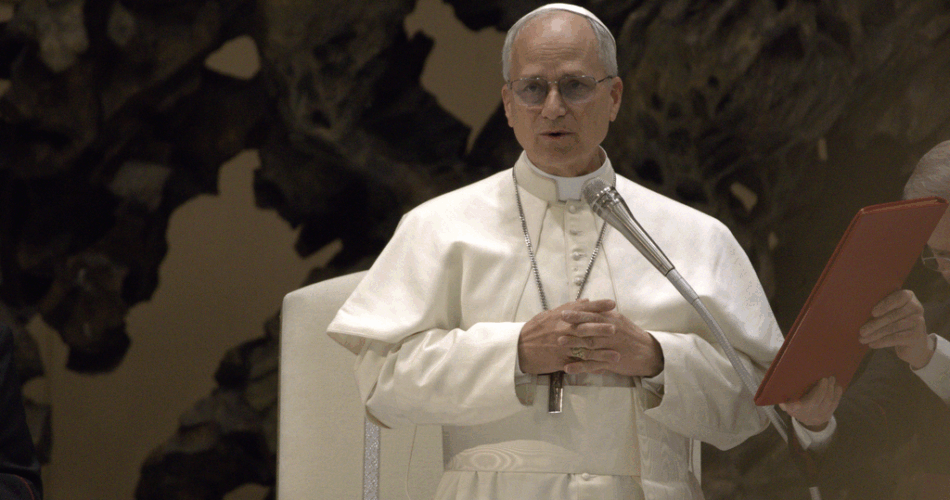He is embracing AI.
Pope Leo XIV has chosen his papal name to honor the Church’s tradition of social teaching and to emphasize the importance of artificial intelligence as a major concern of his leadership. In his first formal address to the College of Cardinals, he described AI as a new frontier that challenges the Church to defend human dignity, justice, and labor. He drew a direct connection to Pope Leo XIII, who responded to the first industrial revolution with the 1891 encyclical Rerum Novarum, establishing the foundation for the Church’s modern social doctrine.
Speaking shortly after his election, Pope Leo XIV emphasized that today’s technological advances require a similar moral reckoning. He characterized artificial intelligence as part of a new industrial age and called for the Catholic Church to address its ethical implications using its deep teachings on human rights and labor. He also highlighted the importance of applying Catholic social teaching to this new reality, positioning the Church as a moral compass in a rapidly evolving technological world.
In addition to addressing technology, Pope Leo reflected on the transition following the death of Pope Francis, describing it as a spiritually significant period. He expressed gratitude for the support of the College of Cardinals and called for unity and renewed commitment to the Church’s mission. He cited Pope Francis’ apostolic exhortation Evangelii Gaudium as a guiding document for his papacy, committing to its focus on missionary outreach, inclusivity, and attention to the marginalized.
Leo XIV reaffirmed the Church’s role in standing with the vulnerable and engaging in meaningful dialogue with the modern world. He encouraged the cardinals to stay rooted in the reforms of the Second Vatican Council and to continue the legacy of Pope Francis. He closed his remarks with a call for renewed faith and love to spread across the globe, urging both clergy and laity to embody that spirit through prayer and action.
The Vatican also confirmed that Pope Leo XIV will retain his previous episcopal motto and coat of arms, reflecting his Augustinian roots. His election was swift, decided on the fourth ballot during the most globally diverse conclave in Church history. Church leaders praised his calm and thoughtful leadership, noting his experience in Peru and his service within the Vatican’s hierarchy. His early papal message sets a tone of moral clarity, forward-looking vision, and continuity with past social teachings.
